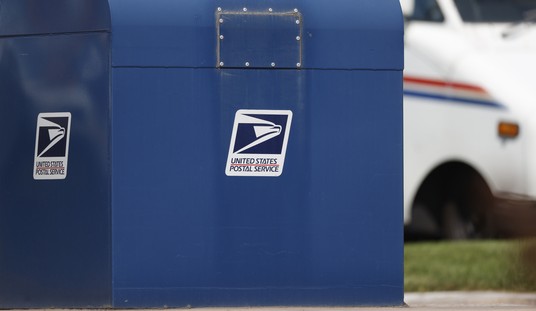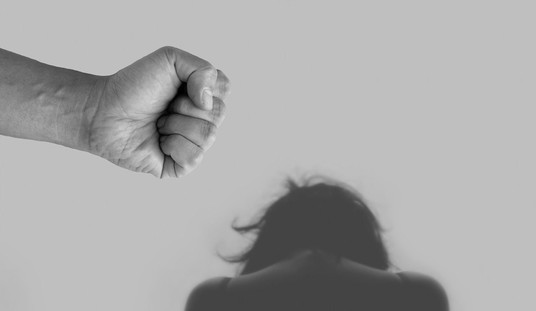It was April 19, 1775. Independence from Great Britain had not yet been declared by the future United States of America, but for years prior, discontent had been growing for what the colonials considered to be tyrannical rule on the part of the British. It became more and more obvious that many American colonials desired to wrest free of this tyrannical yoke. Long before this date, much of the revolutionary activity had occurred in the colony of Massachusetts; one could even say it was a hotbed of such activity. It was, after all, the home of the firebrands John Adams and his equally wild-man relation, Samuel Adams.
Lt. General Thomas Gage, the British North American commander-in-chief, headed four regiments of British soldiers, known as regulars, from his headquarters in Boston. This was about 4,000 men, and while Boston as a result was under the control of the British, the Massachusetts countryside was largely sympathetic to the American patriots.
General Gage, having heard that the revolutionaries had acquired a sizeable amount of munitions and had transported this cache to the town of Concord, sent 700 of his regulars there to seize this store. When the British entered the town of Lexington on the way to Concord, they came up against a group of armed men on the village green.
The ever-resourceful Paul Revere, upon learning of the British plans, undertook with his two compatriots, Messrs. Dawes and Prescott, to alert the patriots in the Massachusetts countryside that the British were on the move. Going in three separate directions, these brave men were in large part responsible for the gathering of the group of patriots who came together on Lexington green, thus carrying “the signal for the independence of a nation.”
In a bit of historical irony, it turns out that the name of the horse Paul Revere rode on his famous ride was ‘Brown Beauty’."
Captain Parker was the designated leader of the men who gathered on Lexington green that day, and more and more patriots arrived to join their fellow Americans in their stand against the British regulars. By the time they were 77 ‘farmers, merchants and peasants,’ not yet a soldier among them, Captain Parker announced when he saw the British soldiers approaching in their classic formation: “Don’t fire unless you are fired on; but if they want a war, let it begin here.”
The British regulars did fire and several minutemen were killed, among them, Captain Parker. Captain Isaac Davis, in taking over command of the expanded group, pronounced the following about his men, “I haven’t a man that is afraid to go.” He was soon another casualty of British fire, and his second in command, Major Buttrick, took over ordering his men to; “Fire, for God’s sake, fire!” Stunned by the ferocity of the revolutionaries, the leader of the British soldiers, Colonel Smith, sent for reinforcements, and when more British soldiers arrived, the fighting was effectively halted, but only for a short time.
The patriots of Massachusetts re-formed and started pursuing those who had just defeated them in this first battle of the Revolutionary War, (how American is that?), and made another stand, this time in Concord on the North Bridge. It was here that “…the embattled farmers fired the shot heard round the world.”
Newly formed militia troops poured in from all parts of Massachusetts, from Dorchester, Milton, Dedham as well as the nearer towns; e.g., a company from Danvers marched 16 miles in four hours to join the first American soldiers in the fight against the British, no matter how outnumbered, out-soldiered and out-disciplined the Americans were. It could be said that the first guerrilla warfare was fought in these initial battles, as the American soldiers “fought behind every tree and house.”
The American fight for freedom had begun.
It took more than eight years, but the United States of America was born on that day on Lexington green. Those eight years were extraordinarily difficult for the struggling nation. The first truly significant victory of the war, for example, when George Washington and his men crossed the Delaware and fought the Battle of Trenton, didn’t occur until a year and a half later, on December 24, 1776. Considered to be the strongest fighting force in the world at that time, the British military captured and occupied just about every major American city during those eight years, and relentlessly pursued the often starving, ill-clothed and ill-equipped revolutionary soldiers throughout the 13 colonies.
But they were magnificently led. Not only by the ‘indispensable’ George Washington, but also by the great men the General had chosen as his Generals, among them Henry Knox, Nathaniel Greene and the Marquis de Lafayette. Together, these great military leaders and their brave and stalwart soldiers, against all odds, prevailed.
And this fight for freedom started, in Massachusetts.
What those courageous patriots did on Lexington green that day, which at the time so many found to be foolhardy, stands astride history.
And the descendants, whether literally or in spirit, of these great patriots have done it again. On January 19, 2010, the people of Massachusetts have for the second time stood up against tyranny and are leading their countrymen in another fight for freedom.
In 2010, the state and national Democratic parties were fiercely possessive of what they considered to be ‘the Kennedy seat’ in the U.S. Senate. Once they woke up to the fact that there was a real race going on, with their party hampered by a universally-regarded quite unfortunate candidate running against a truly charismatic and articulate younger man who was capturing the imagination of the populace. The Democrats then fought back with everything they had to hold on to the seat. Millions of dollars were pumped into the state, political operatives flew up to Massachusetts to take over the campaign, negative ad after negative ad against the Republican candidate went out in constant repetition over the air waves. The former Democratic President was sent to speak on behalf of the candidate, and the current President was asked to do the same. This Senate seat was judged to be vital to the Democrats not only because it was the hereditary Kennedy seat; but also because if the Democrat lost, the party would lose its super-majority of 60 votes in the Senate, necessary for the enactment of the radical leftist agenda in Congress. The most significant part of this agenda, the highly unpopular health care reform proposal and the jewel in the crown of the Obama transformation of America, was thought to the most jeopardized if the Republicans emerged victorious.
And emerged victorious they did. Senator-elect Scott Brown (R-Mass), thanks to the wisdom, courage and patriotism of the people of Massachusetts, is now the junior Senator from that great state. In this remarkable first strike for freedom, in which we begin to rid ourselves of the tyranny of the leftists and statists of the Obama Administration, those who would try to rule us rather than represent us, have learned the American people were not meant to be ruled nor to be told what to do by our self-appointed betters in the “educated” class, and we certainly do not want our great country “fundamentally transformed.”
And in 2010, as they did in 1775, the people of Massachusetts have led the way.
.
A grateful nation, patriots of Massachusetts, will forever live in your debt for having the courage to again fight against tyranny and start to regain the freedom our forefathers fought so hard to achieve, in this greatest of nations.
Everything is different now, thanks to you.








Join the conversation as a VIP Member